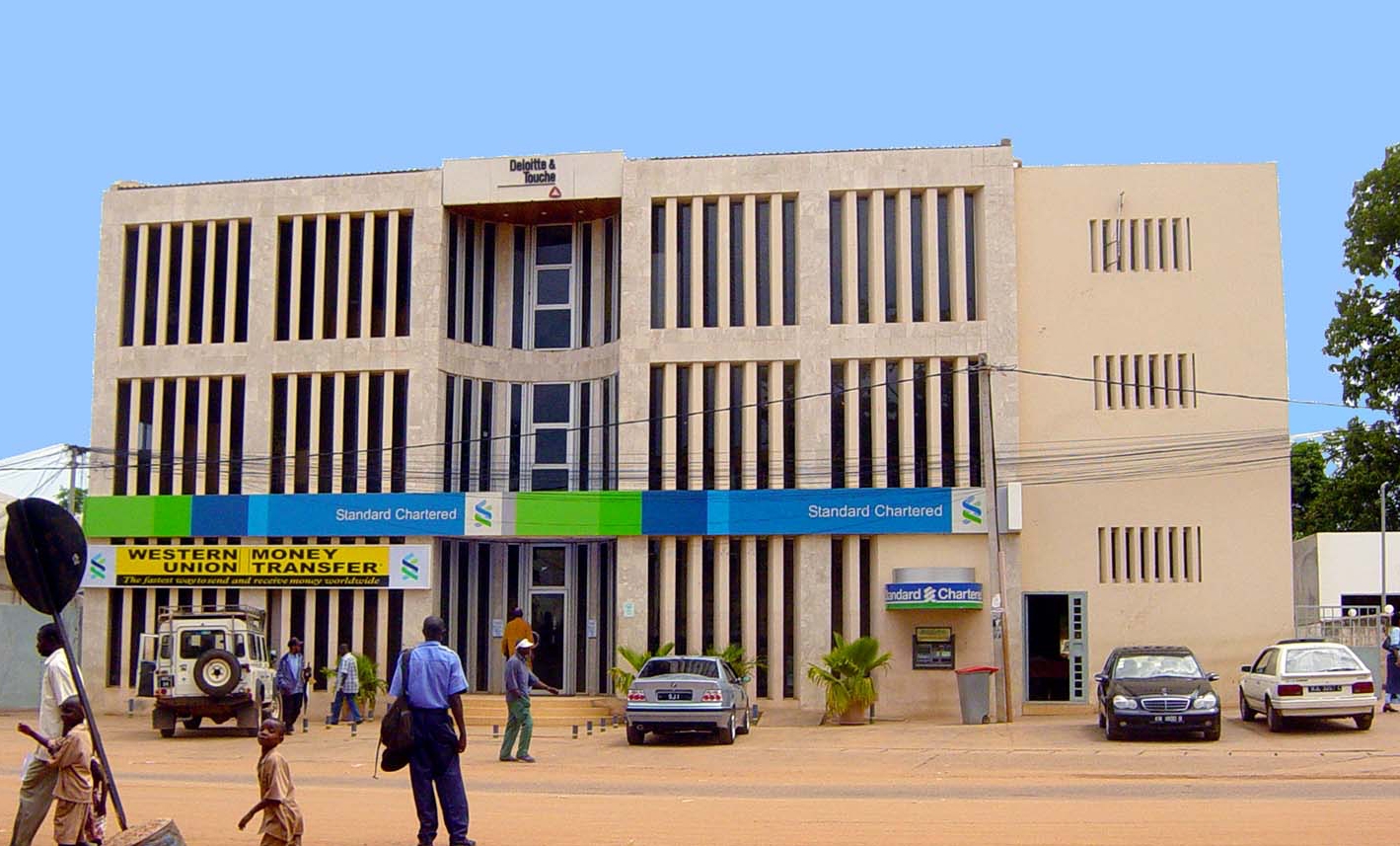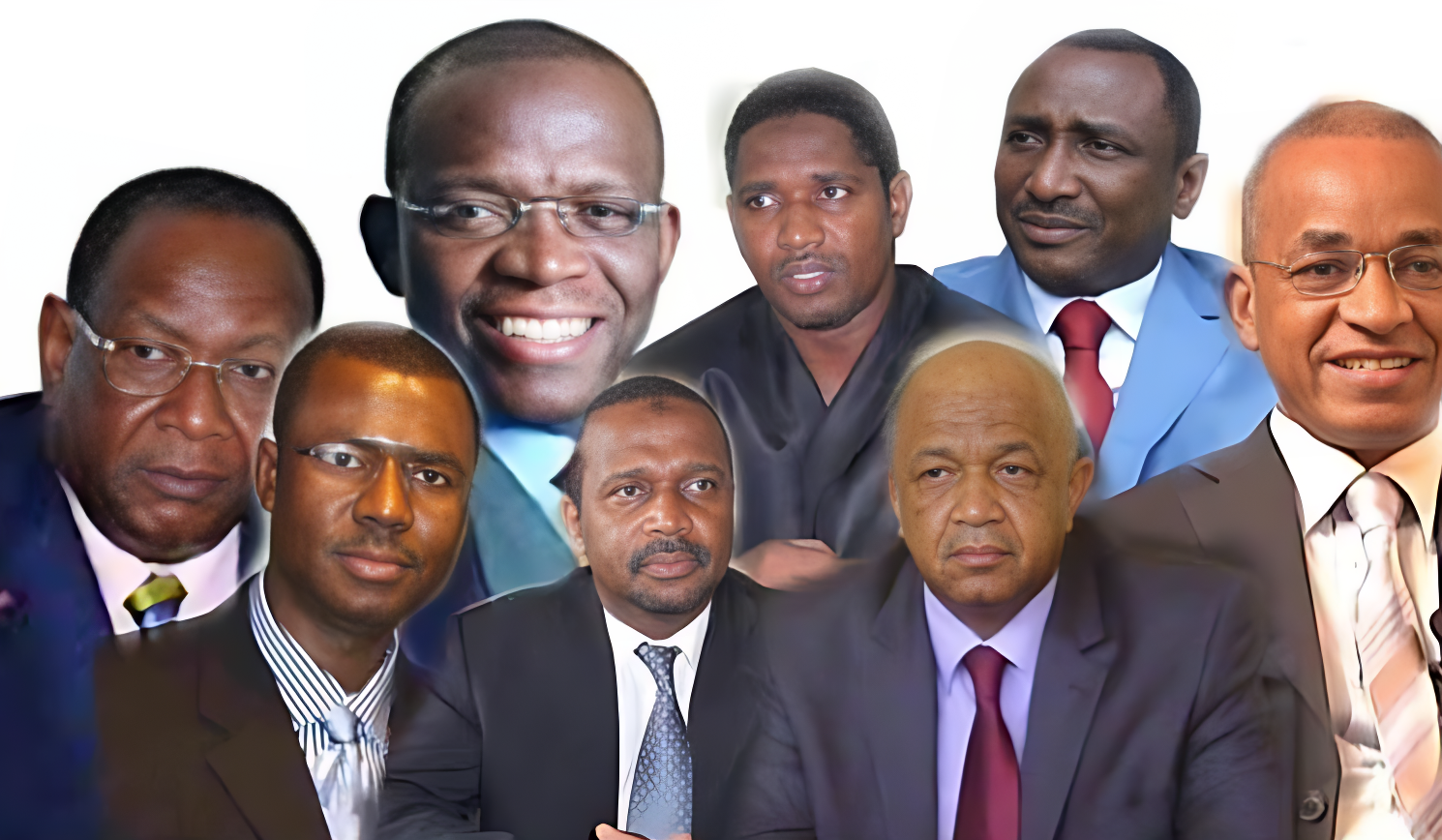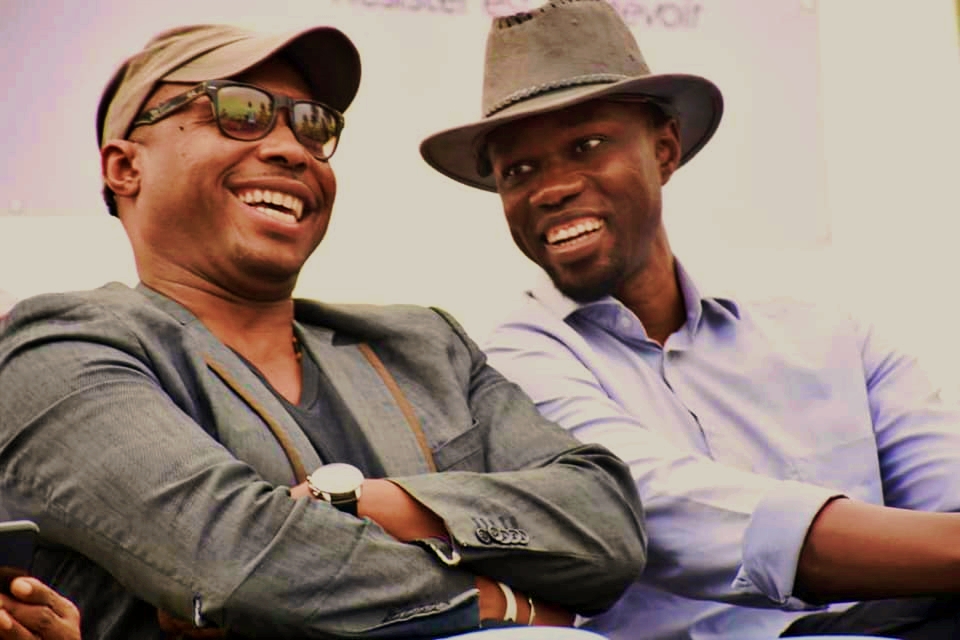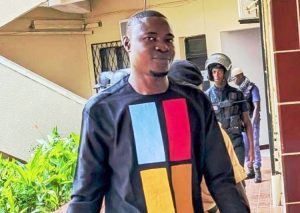Gambiaj.com (DAKAR, Senegal) – The newly dominant mechanical majority of Pastef in Senegal’s National Assembly wasted no time flexing its political muscle, targeting Barthélemy Dias by stripping him of his mandate as a deputy.
While Senegalese citizens await pressing legislative reforms—such as amendments to the 2025 Finance Law and a general policy declaration—the Assembly, which once promised change, seems to have instead embarked on a path of political maneuvering and majority tyranny.
The Ndiaga Diouf case, involving Dakar’s embattled mayor, Barthélemy Dias, is a glaring example of justice entangled with politics. The case dates back to 2011, during the tense days leading up to Abdoulaye Wade’s inauguration congress.
A convoy of individuals linked to the Senegalese Democratic Party (PDS) allegedly attacked Dias, then mayor of Mermoz-Sacré Cœur. Gunfire ensued, resulting in the tragic death of young Ndiaga Diouf. Dias was arrested and charged with intentional homicide.
The case, overseen by prosecutor Ousmane Diagne, has haunted him across two political regimes, illustrating the volatile intersection of justice and politics in Senegal.
Macky Sall’s Early Defense of Dias
At the height of the 2011 controversy, Macky Sall, then an opposition figure, publicly condemned the violence and defended Dias. Sall decried the atmosphere of terror created by Wade’s administration, describing it as a calculated strategy involving hired mercenaries to instill fear.
He even called for Dias’ immediate release, citing the stalling investigation and the State’s responsibility in escalating violence. When Sall assumed power, he facilitated Dias’ political rise, transforming the embattled youth leader into a parliamentary deputy.
It was seen as both a reward for Dias’ contributions to the anti-Wade movement and a symbolic reversal of the previous regime’s punitive measures.
Political Shifts and Renewed Legal Battles
However, political alliances rarely remain stable. By 2016, cracks emerged in the coalition between Sall’s Alliance for the Republic (APR) and the Socialist Party.
After the Socialist bloc, including Dias, opposed a key referendum, the Ndiaga Diouf case resurfaced. Dias was subsequently stripped of his parliamentary immunity and tried in court, where he received a conviction for “fatal assault causing death,” along with a hefty civil penalty. Both prosecution and defense appealed the verdict.
In the meantime, the rise of Ousmane Sonko and his Pastef party reshaped Senegal’s political landscape. Sonko initially stood by Dias, denouncing what he described as the instrumentalization of justice to target political opponents.
Ousmane Sonko accused Sall of attempting to undermine Dias’ mayoral candidacy in Dakar, framing it as part of a broader campaign to silence dissent.
The Breakdown of Alliances
The camaraderie between Dias and Sonko, however, has since soured. Pastef’s recent push to remove Dias from the National Assembly underscores the shifting allegiances within Senegalese politics. Many perceive this move as personal retribution by Sonko, who had previously accused Dias of betrayal.
Reports of clandestine meetings involving rebel leaders in Guinea-Bissau and allegations of attempts to destabilize Dakar have further complicated Dias’ political narrative.
Cynicism in Senegalese Politics
Critics argue that Senegal’s political scene is increasingly defined by opportunism and cynicism. Principles seem secondary to personal vendettas and shifting alliances. Pastef’s decision to back Dias’ removal raises questions about the party’s commitment to democratic principles.
Observers have also criticized the Constitutional Council for appearing complicit in these political maneuvers, particularly in delaying decisions related to Dias’ eligibility until after his election.
A Pact with the Devil?
Dias’ current predicament has left many Senegalese disillusioned. While some sympathize with his plight, others view it as a cautionary tale of political compromise gone wrong. By aligning himself with figures like Sonko, Dias may have inadvertently contributed to his downfall.
As his mayoral mandate hangs by a thread, questions loom about his political future and the broader implications for Senegal’s democracy.
In the end, the saga of Barthélemy Dias reflects a troubling trend in Senegalese politics, where justice is wielded as a weapon, alliances are fleeting, and the true interests of the people often take a backseat to personal ambitions.
The author is a Senegalese Journalist and a Communication Consultant










